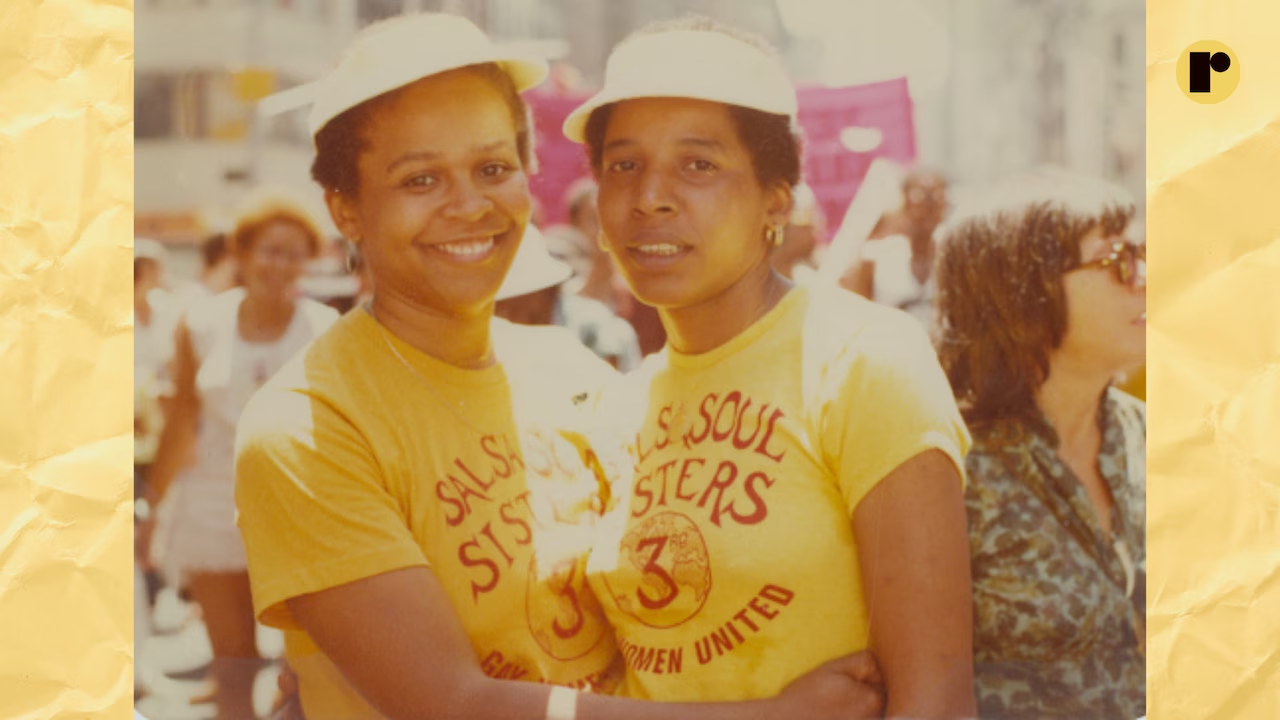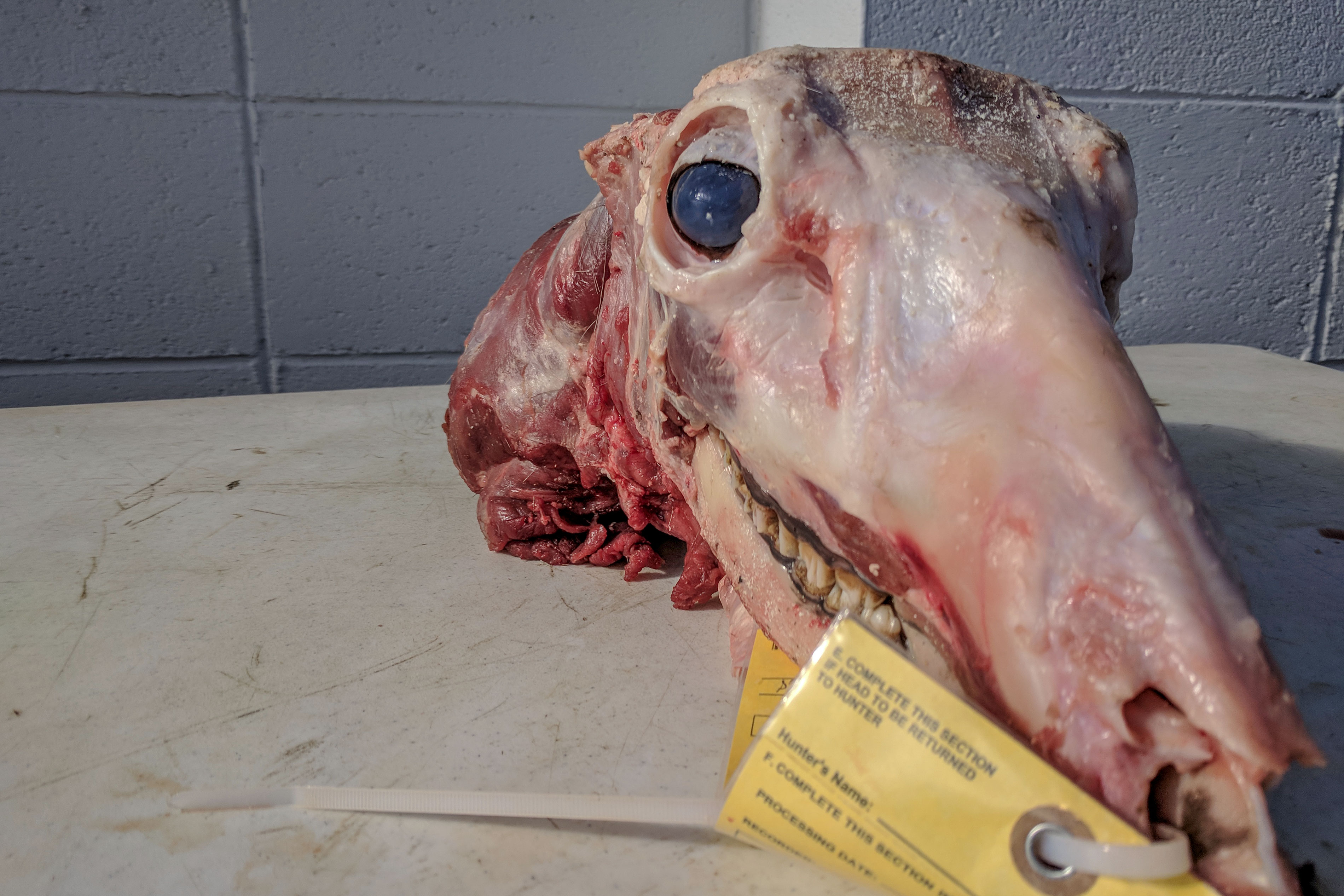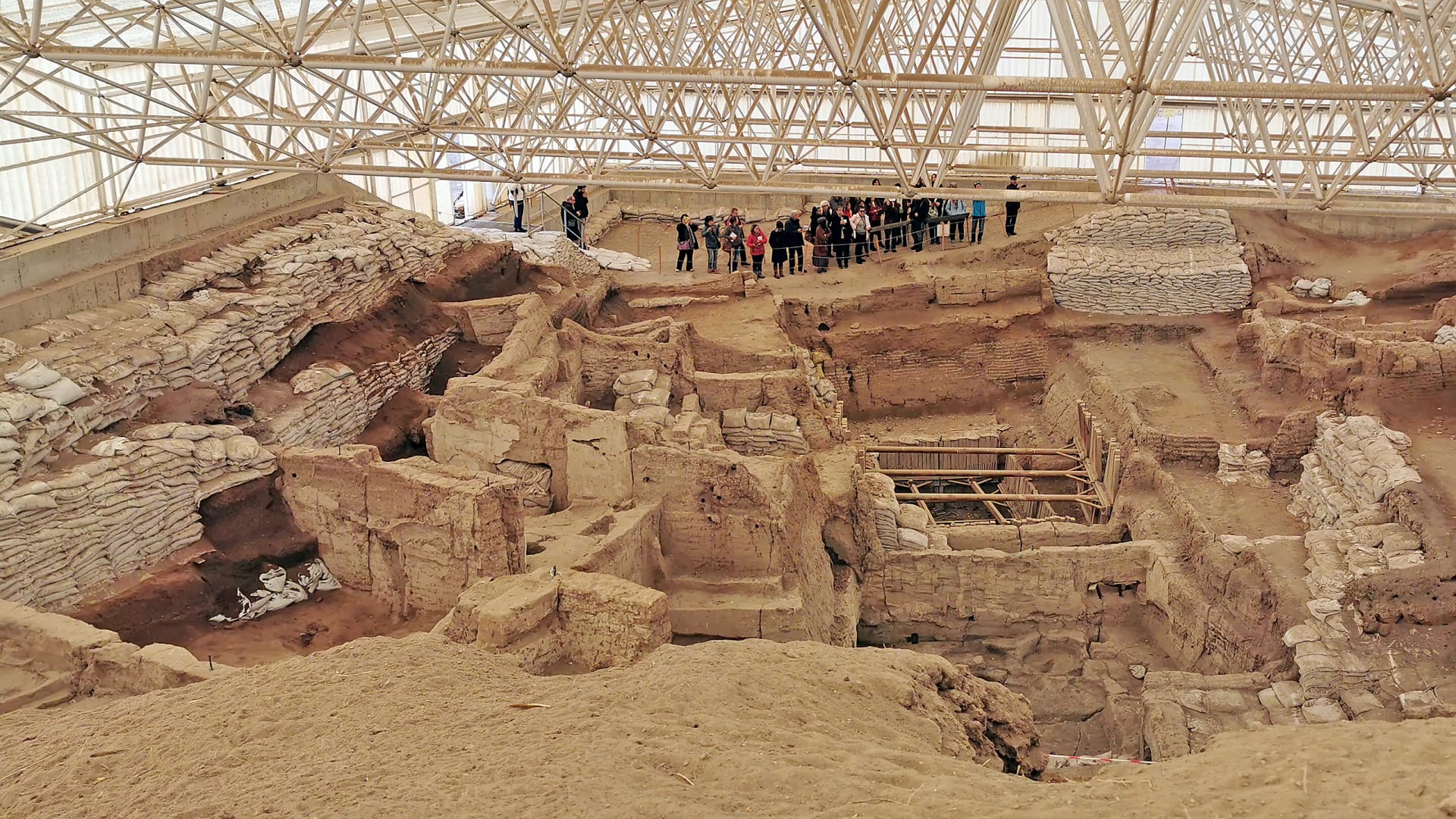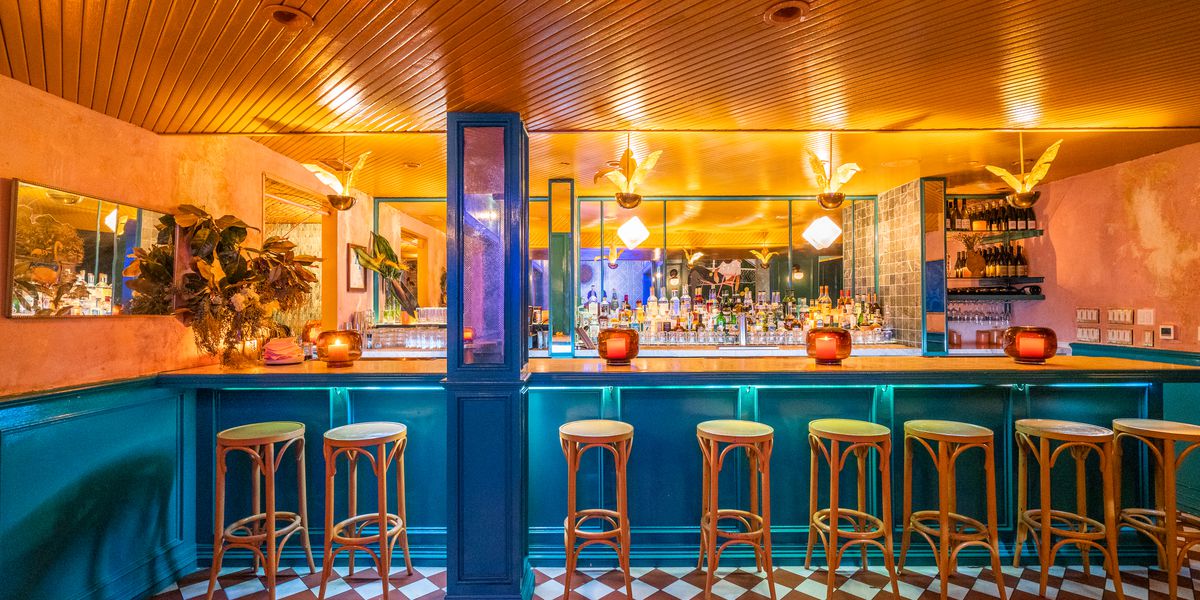Recall those memorable images from Studio 54? The glimmering attire, the celebrities engulfed in the disco atmosphere? Beneath that sparkling exterior lies an undisclosed narrative. As queer individuals were cautiously navigating their way into mainstream acceptance, a distinct revolution was unfolding in New York City.
Enter the Salsa Soul Sisters, established in 1974, defying numerous layers of oppression. Consider them as the radical, grassroots response to the dominance of white gay male circles during that era. This served as a sanctuary for Black, Brown, Asian, and Indigenous lesbians to discover their community, foster empowerment, and indeed, revel in joyful moments.
Their pursuits extended beyond mere revelry, although festivities were certainly part of their agenda. They engaged in consciousness-raising sessions, beach retreats, and produced the creatively charged Gayzette newsletter. This represented sisterhood at its most dynamic, politically charged, and intersectional—long before such terminology gained widespread recognition.
Now, let's delve further into why the Salsa Soul Sisters merit your attention:
1. They provided an environment that embraced inclusion and intersectionality.
The Salsa Soul Sisters represented a pioneering force as the inaugural organization in the United States exclusively dedicated to lesbians of color. They extended a warm embrace to women from varied backgrounds, encompassing Black, Latina, Asian American, and Indigenous identities.
In an era where the term "BIPOC" is commonly used to refer to non-white individuals, the 1970s and early 80s saw the term "Third World Women" serve as the inclusive descriptor. So deeply ingrained was this notion that the organization adopted the name "Salsa Soul Sisters: Third World Women Inc."
They blazed trails by establishing a haven where LGBTQ+ women of color could seek support and solidarity.
2. The Salsa Soul Sisters transcended the typical social club label
Beyond organizing gatherings and events, they facilitated consciousness-raising sessions, dances, mini-conferences, retreats, and performances. These occasions not only nurtured a sense of community but also provided a sanctuary from the hazards of New York City streets, contributing to members' mental well-being.
In addition to their social endeavors, the Salsa Soul Sisters, comprised mainly of Third World Gay Women, recognized the inherent risks of navigating New York City's streets. Seeking refuge on distant shores like Riis Beach or further afield in Provincetown served as a political strategy to ensure safety, foster a supportive community, and promote mental health and overall wellness.
The Gayzette wielded significant influence as a means of communication and artistic expression. Within its pages, one could find poetry, horoscopes, and updates on various events. It served as a chronicle of their endeavors, such as the memorable 1977 excursion to Mohansic Park, which exemplified the bond of sisterhood among its members.
On July 30, 1977, more than 50 women, accompanied by several children, embarked on the Salsa Soul bus journey to Mohansic Park, situated approximately 50 miles north of New York City. A member recounted the experience in an article titled "Gay Sisterhood is Beautiful," featured in the Aug/Sept 1977 issue of the Gayzette. Despite a rainy start, the day blossomed into one of sunshine and camaraderie: "The Goddess smiled on these beautiful women, and hung out the sun. We ate, played games, went swimming, ate again and laid around enjoying our own togetherness. Edith even got her fire started, with some help from Tippy, Daisy, and Harriet. The food was good and there was enough for everyone.”
3. Preserving history and fostering a sense of belonging
Chirlane McCray and Cassandra Grant played pivotal roles in safeguarding the history of Salsa Soul Sisters, ensuring its enduring legacy. Their efforts resulted in the establishment of collections within the Lesbian Herstory Archives.
In 2019, during a gathering of Salsa Soul Sisters members at the New York Historical Society, McCray delivered opening remarks, reminiscing about her discovery of Salsa Soul at the age of 22 in 1977 and expressing a profound sense of connection: "these are my people."
Grant contributed to the preservation efforts by donating the Salsa Soul Sisters' archival materials to the Lesbian Herstory Archives. This collection includes records of the group's various activities such as hosting events like Kwanzaa celebrations, movie nights, and weekly workshops, as well as publishing quarterly magazines like Azalea and the Salsa Soul Gayzette.
Over time, Salsa Soul evolved into African Ancestral Lesbians United for Societal Change. Cassandra, in 2013, further solidified her role as a custodian of the Salsa Soul Sisters' narrative by delivering a subsequent installment of their Special Collection.
4. A Legacy Rooted in Activism
The Salsa Soul Sisters comprehended the intricate web of racism, sexism, and homophobia. Their commitment to activism stemmed from their own lived experiences and a fervent pursuit of justice, as articulated by Grant. From their nascent stages to their later transformation into the African Ancestral Lesbians United for Societal Change, they emerged as a formidable catalyst for constructive societal transformation.
In a 2013 oral history documented for Wind Is Spirit: The Life & Legacy of Audre Lorde, Grant remarked, “Through our personal journeys and the narratives of our predecessors, we began to cultivate a profound indignation towards the racism, sexism, and homophobia prevalent in our communities and nation. We sensed a profound injustice in our lives because we lived through it, we witnessed it.”
“Many of us hailed from northern regions but maintained ties to the South, where the realities of racism, classism, and sexism were starkly evident. In the North, these issues were often veiled under the guise of equality, but we knew better. We took to the streets to protest!”
Discover additional information:
All items from the Salsa Soul Sisters collection were generously contributed to the Lesbian Herstory Archives and meticulously organized in April 2019. Visitors to the physical site can explore a wealth of materials, including letters, pictures, event announcements, memorials, publications like Gayzette, newsletters, retreat guides, pamphlets, administrative records such as board meeting notes, guides, financial records, and various other artifacts reflecting the essence of the Salsa Soul Sisters Organization and its members.

























0 Comments